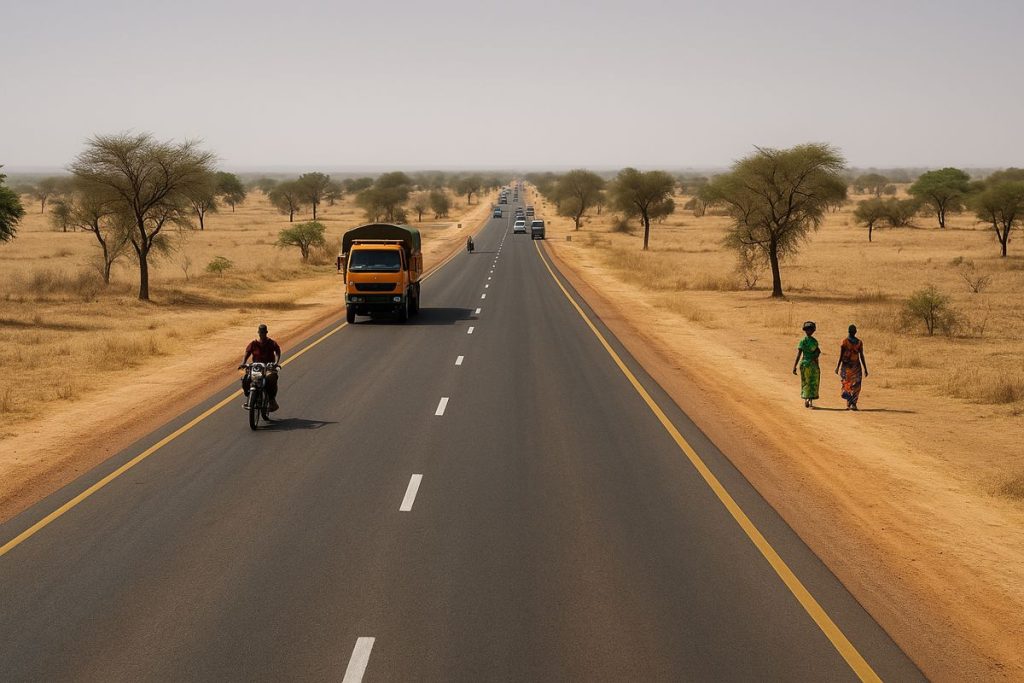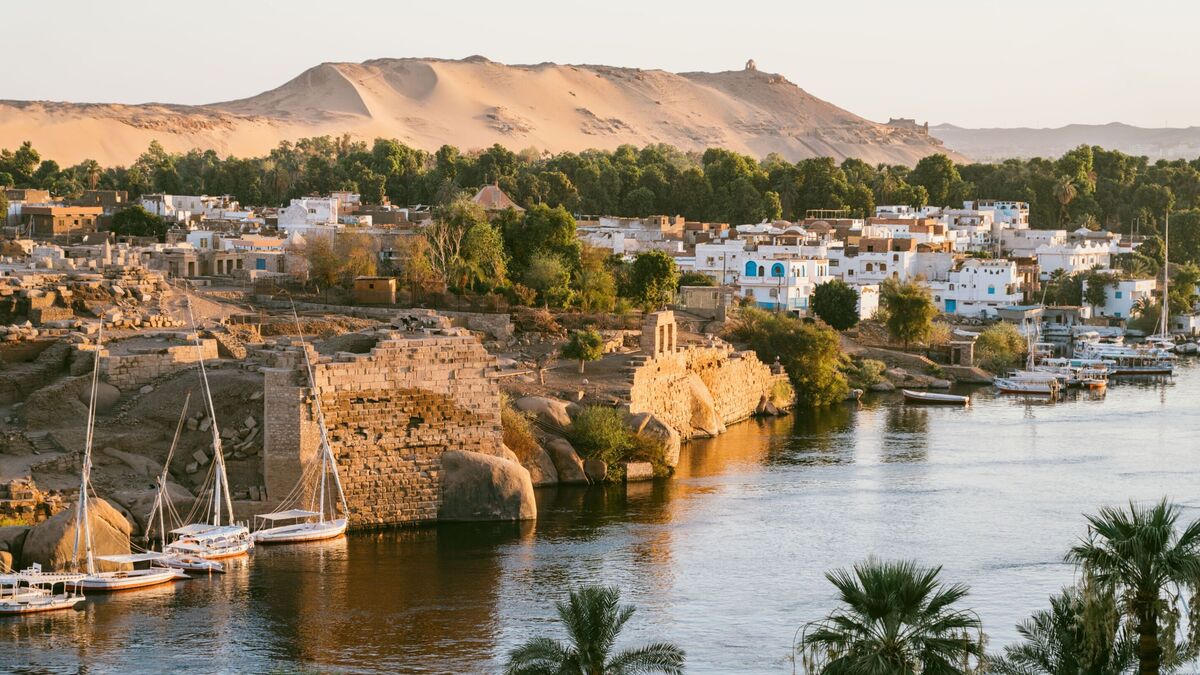Egypt has announced plans for a major new urban centre west of Cairo, featuring an artificial channel of the River Nile winding through desert terrain, as part of the country’s latest mega-development effort.
The planned city, named Jirian, which means “Flow” in Arabic, is a central feature of Egypt’s expansive New Delta project, an agricultural scheme launched in 2021 aimed at reclaiming roughly 2.5 million acres of desert west of the traditional Nile Delta.
The initiative seeks to bolster the country’s food security by increasing local production of essential crops like wheat and corn, while also trimming Egypt’s substantial food import costs.
At Sunday’s official launch, Prime Minister Moustafa Madbouli described the project as “an urban and development revolution,” saying it would create around 250,000 jobs and become the heart of a development zone large enough to match four or five Egyptian governorates.

The city will eventually provide housing for up to three million families and feature integrated industrial, residential, and logistics areas. Among its highlights will be a 1,680-acre site with a fifth of its area dedicated to a Nile-fed canal, serving both aesthetic and irrigation purposes.
Developers said the city will include high-rise towers of up to 80 storeys, eco-conscious hotels, international universities and hospitals, luxury housing, commercial centres, and a cultural and media hub. It will also be located near major landmarks like the Giza Pyramids, the upcoming Grand Egyptian Museum, and the newly built Sphinx International Airport.
While the total cost of the project remains undisclosed, it is being built in collaboration with three of Egypt’s largest real estate companies.
Jirian is the latest in a wave of large-scale infrastructure and urban ventures spearheaded by President Abdel Fattah al-Sisi, including the construction of a new administrative capital to the east of Cairo.
Though officials argue such megaprojects are critical for long-term national growth, they have also played a significant role in Egypt’s rising foreign debt, which ballooned to $155.2 billion by the end of 2024, four times higher than in 2015.
In efforts to stabilise its economy, Egypt has received financial assistance from international partners, including multiple loans from the International Monetary Fund and fresh commitments from the European Union.
The announcement comes as Egypt continues to face mounting water security concerns. With 97% of its freshwater supply coming from the Nile, Cairo remains locked in a long-standing dispute with Ethiopia over the Grand Ethiopian Renaissance Dam, which Egypt fears could reduce downstream water flows.
Despite these concerns, officials insist the Jirian project symbolises Egypt’s push for “full-spectrum development” and a reimagining of its future urban and agricultural landscape.


 Trending
Trending 